Interview with Marilyn Celeste Morris, Author of "Diagnosis: Lupus, The Intimate Journal of a Lupus Patient"
 Although she was raised as a Military Brat, Marilyn Celeste Morris was born in her grandfather’s house in Toronto, Texas, a small Southern Pacific Railroad Section six miles west of Alpine. Perhaps as an omen of what would be the next twenty years of her life, the railroad’s abandonment of this settlement shortly afterward left her with no “permanent” home.
Although she was raised as a Military Brat, Marilyn Celeste Morris was born in her grandfather’s house in Toronto, Texas, a small Southern Pacific Railroad Section six miles west of Alpine. Perhaps as an omen of what would be the next twenty years of her life, the railroad’s abandonment of this settlement shortly afterward left her with no “permanent” home.Schooling consisted of Dependents’ Schools while overseas, in Seoul Korea, 1946-47 and Linz, Austria (1949-1952) and various schools stateside. A rarity for a Military Brat, she was fortunate enough to have attended all three high school years and graduated at Lawton Senior High School, Lawton OK. Further education was attained at Cameron State College, Lawton OK, Tarrant County College, Fort Worth TX, and North Texas State University. She received an AAS Degree in Mental Health in 1995.
After studying under the late Grace Nies Fletcher (author of Merry Widow and In My Father’s House), Marilyn began her writing career as a guest columnist in the Fort Worth Star-Telegram, and for ten years wrote a weekly humor/human interest column for Suburban Newspapers in the Fort Worth TX area. Besides receiving a First Place award in the Nostalgia category at an Ozark Mountain Writers’ Conference, two “confession” stories were published (under pseudonyms) in the magazines “Jive” and “Bronze Thrills.”
She has taught creative writing at Tarrant County College, Fort Worth TX, survived numerous book signings and speaking engagements, and her first novel, Sabbath’s Room, a paranormal murder mystery was published in 2001. In August 2002, Once a Brat was released. Described as “part travelogue, part therapy session,” she relates sometimes hilarious, sometimes wrenchingly sad experiences of an Army officer’s daughter from 1938 to her father’s retirement in 1958. Her newest book, Diagnosis: Lupus, The Intimate Journal of a Lupus Patient, chronicles her intensive three-year, five doctor search for diagnosis and treatment of her baffling symptoms, her struggles with God and society her anger and frustration (“But you don’t look sick!”) vividly expressed in her daily writings from first symptoms to current remission. Ms. Morris’s intent is to inform other lupus patients, both diagnosed and still searching their feelings are valid, normal and they are not alone.
She is co-facilitator for the Fort Worth Lupus Support Group, North Texas Chapter of the Lupus Foundation of America and member of the Board of Directors. When not writing or editing emerging writers’ manuscripts, she enjoys searching for former classmates and true to her Brat heritage, she has a suitcase packed under the bed, ready to travel at a moment’s notice.
Marilyn Celeste Morris may be reached at (817) 246-2639 or by email: marilyncmorris@sbcglobal.net to schedule a speaking engagement or arrange for editing services. See also http://www.freewebs.com/graceworksproductions/ for excerpts of all three books.
Her publications may be purchased by calling the publisher at 877-333-7422, from the website at http://www.publishamerica.com/; http://www.amazon.com/ or your local bookstore can order for you.
Marilyn is also the author of Sabbath’s Room and Once a Brat.
INTERVIEW WITH MARILYN CELESTE MORRIS:
When did your passion for writing begin?
When did your passion for writing begin?
As soon as I could hold a pencil in my hand. I loved to read, so writing, to me, came naturally. In kindergarten, I saw the teacher making letters and words on the blackboard and it dawned on me that those letters made words, and words made sentences and sentences made stories. My passion for writing was honed by my nomadic, solitary life as an Army Brat, stationed overseas after WWII, and I always wrote for the school newspaper, etc.
Can you tell us what your typical “writing” day is like?
Can you tell us what your typical “writing” day is like?
There is no “typical” writing day, sad to say. I start out with good intentions, to write from 9 a.m. to noon, take a break for lunch and get back at it around 1:00 to 4:00 p.m. However, we all know where good intentions go! Since I am a fly-by-the seat of my pants writer, with no outlines set in stone, I wander in to my office at odd times during the day, as the muse strikes. Some days are better than others. I have recently resolved to read my emails ONLY at night, as I can get caught up in discussions and I’m more productive in the daytime, where writing is concerned.
Do you write full time?
Do you write full time?
Absolutely. Love being retired. Love it, love it, love it! I was so happy to kiss Corporate America goodbye and get my Social Security checks.
Can you tell us a little about Diagnosis: Lupus, The Intimate Journal of a Lupus Patient?
Can you tell us a little about Diagnosis: Lupus, The Intimate Journal of a Lupus Patient?
My struggles with getting a diagnosis for those odd aches and pains and extreme fatigue are detailed in my latest book. I kept a journal during those years of frustration, anger and depression and their direct correlation to dealing with an alphabet soup of social service agencies. I also touch on loss of self-esteem, employers and co-workers who didn’t understand my disease, and ultimately, my spiritual crisis, which taught me important life lessons. I discovered it’s much easier to write a novel than to bare one’s soul in print. Kinda scary, but I hope others can understand that it’s probably pretty normal to feel the way I did.
Who published your book and how has your experience with them been?
Who published your book and how has your experience with them been?
PublishAmerica is my publisher, and this is my third book with them. I know there is some discussion about their supposedly deceitful marketing tactics, but I went with them for several reasons: I had a friend who used them to publish his book; it cost me no money to get it in print, not even postage, since they accept email attachments; and I didn’t go into this writing business to become rich and famous, just to have my works available for others. I’m too darn old (67) to wait around for some publisher to print my words, and too broke to pay for any vanity publisher. I recently signed a seven-year contract with them, and I have several novels in progress.
Can you tell us the inspiration behind your book?
Can you tell us the inspiration behind your book?
I thought other persons who are suffering from systemic lupus Erythematosus could benefit from knowing that they are not alone, that they are entitled to cry, to mourn the loss of their old self, to be angry with God, even.
Can you tell us ways you are promoting your book? Have they been successful?
Can you tell us ways you are promoting your book? Have they been successful?
Well, The Lupus Foundation of America contacted me for a copy of my book, so if they recommend it or put in a plug for it in one of their national publications, that will be a big help. I have also been on Clear Channel Radio and a local cable television show; plan on contacting other media both local and national.
Who are your favorite authors and why do they inspire you?
Who are your favorite authors and why do they inspire you?
I like Agatha Christie, how she plants red herrings along the way to solving the murders. Also Stephen King and Dean Koontz for their horror stories that almost seem real, almost possible.
Do you have a mentor?
Do you have a mentor?
I had one years ago. The late Grace Nies Fletcher (In My Father’s House; Merry Widow) taught a class at Texas Christian University when I was just venturing out into the writing world. She was a harsh critic and many students dropped out. I figured if I could take her criticisms, I could face anybody. She taught me about talent, timing and tenacity, and an economy of words: “Say it and shut up. Don’t drool on for eons.”
What future projects do you have in the works?
What future projects do you have in the works?
I have, in varying stages of completion: (1) The Women of Camp Sobingo, a novel about four women who find themselves in the remote and primitive country of Korea, right after WWII and how their bonds remain strong when they hold a 25th reunion. (2) Sabbath’s House, a sequel to Sabbath’s Room, another supernatural mystery. (3) Forces of Nature, a Towering Inferno type of disaster set in a large shopping mall; who survives and who doesn’t? (4) The Murders at 5400, where four women who meet for weekly bridge games help solve a murder in an upscale condo community.
What do you feel are the pros and cons of the publishing industry today?
What do you feel are the pros and cons of the publishing industry today?
I like the idea of print-on-demand, where the author doesn’t have to buy 5,000 books and stack them in a garage somewhere, but can utilize bookstores for book signings and hopefully, entice the bookstores to stock their books. I don’t like the idea of buying my own books, even at a discount, but cést la vie.
Can you give aspiring authors words of advice towards getting published?
Can you give aspiring authors words of advice towards getting published?
Just do it. Write your book. Finish it. Send it off. Do what others only think about doing.
What’s one thing about your life that you think is important, but nobody asks?
What’s one thing about your life that you think is important, but nobody asks?
Interesting question. I think most people believe a writer is someone unique, a person who churns out bestseller after bestseller, who gets filthy rich and famous. Which would be nice, to be sure! But I’m content just to have some modest success, producing books I hope someone will enjoy. Honestly, that’s what I think is important to me.
Can you tell us where we can go to buy Diagnosis: Lupus, The Intimate Journal of a Lupus Patient?
Can you tell us where we can go to buy Diagnosis: Lupus, The Intimate Journal of a Lupus Patient?
http://www.publishamerica.com/, http://www.amazon.com/ and other online bookstores. I hope to get Diagnosis: Lupus into Barnes and Noble and/or Borders Books very soon now.
Thank you very much for your time!
Thank you very much for your time!
You are so very welcome, Dot.
# # #
# # #



















































































































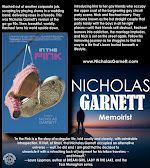


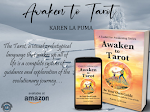
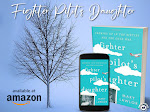
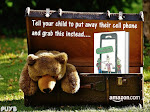




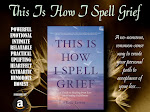
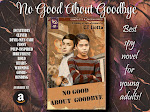


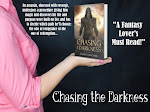
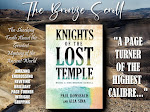


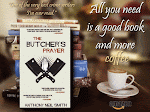
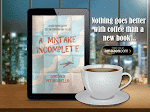
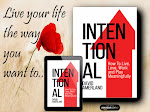
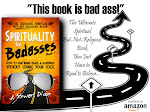




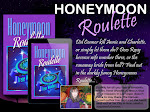
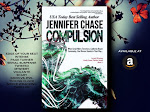

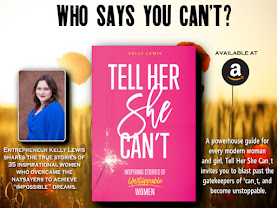














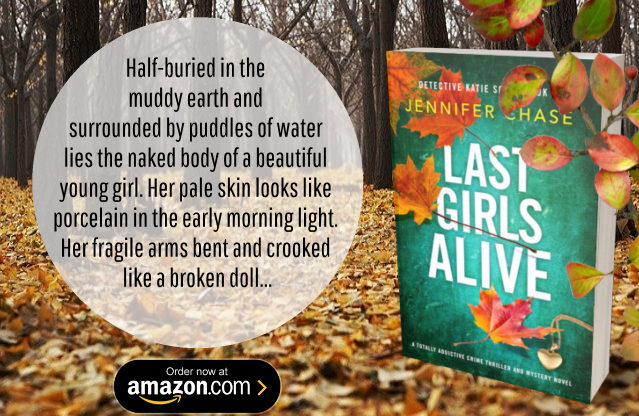
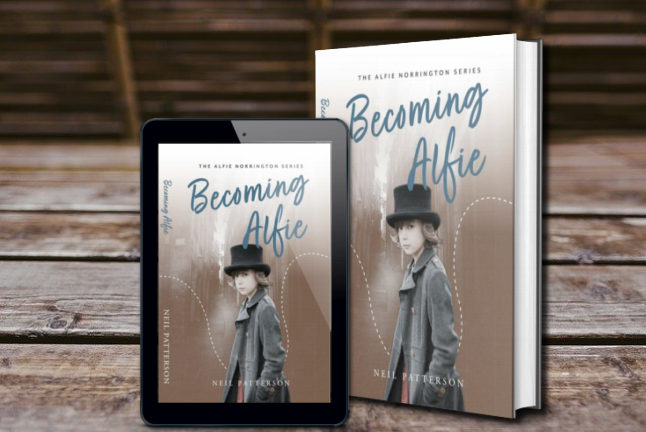



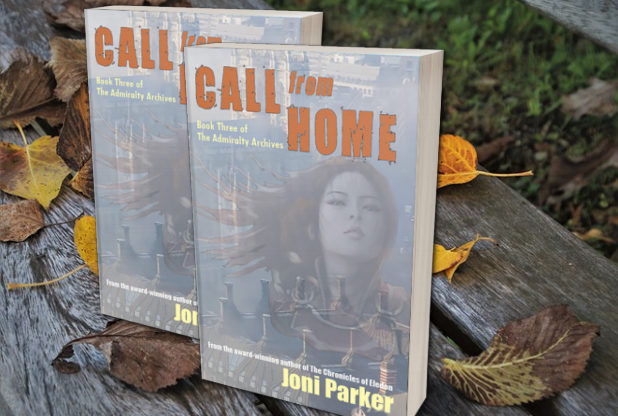
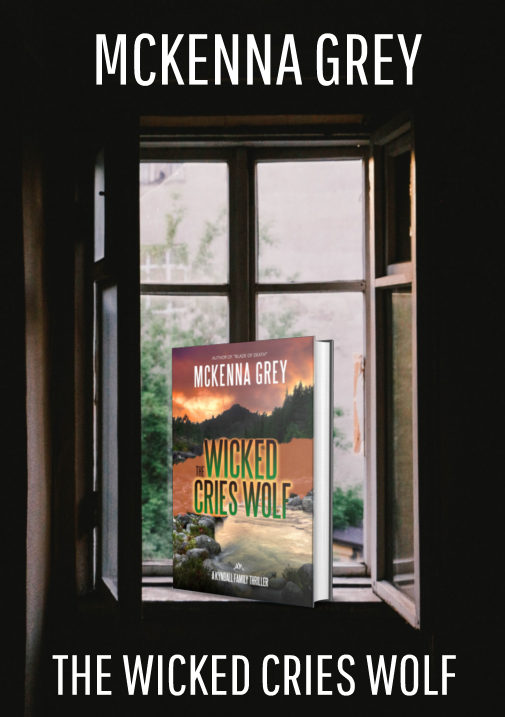


Leave a Comment